The legislative filibuster requires most bills to have 60 votes in order to advance past debate and become law, but in today's D.C., that level of bipartisan support has proven largely unachievable.
As a result, Democrats may be at risk of failing to deliver on their biggest promises, including voting rights reform, gun control laws, civil rights protections for LGBTQ people, expanded healthcare access, and countless other pieces of bold legislation.
But that's not just the fault of Republicans.
As Indivisible points out, Democrats can eliminate the filibuster with a simple majority, paving the way to make the most out of its razor-thin majority in the 117th Congress.
But at least two Democrats are standing in the way: Senators Joe Manchin of West Virginia and Kyrsten Sinema of Arizona.
Both claim that the filibuster is vital in ensuring that a minority party still holds a modicum of power in Congress, with Sinema insisting:
"Regardless of the party in control of the Senate, respecting the opinions of senators from the minority party will result in better, common-sense legislation."
But that veneration for the filibuster isn't shared by their Republican colleagues. As recently as 2017, then-Senate Majority Leader Mitch McConnell (R-KY) used his power to eliminate the filibuster for Supreme Court nominees to ensure the confirmation of then-President Donald Trump's Supreme Court justices.
What's more, the filibuster, which has been weaponized to shoot down transformative civil rights legislation for decades, doesn't enjoy widespread public support—and that's especially true in Sinema's state of Arizona.
A February poll from Data for Progress found that 61 percent of Arizonan likely voters prioritized key legislation over the filibuster, including more than 70 percent of Democrats and over 60 percent of Independents, though only 42 percent of Republicans.
In other words, a filibuster-proof majority of Arizonans think passing transformative legislation is more important than preserving the antiquated filibuster.
Now, people want Sinema to get on board.
Sinema recently faced backlash for her vote on another widely popular stance: raising the federal minimum wage to $15 per hour.
The Senator voted no on an amendment in the Senate's pandemic relief bill that would've steadily raised the minimum wage over the course of five years.
A clip of the Senator gleefully casting her thumbs down vote was skewered across the internet.
Senator Sinema's current term doesn't end until 2025, but Arizonan voters will remember her most decisive positions, including her stance on the filibuster.

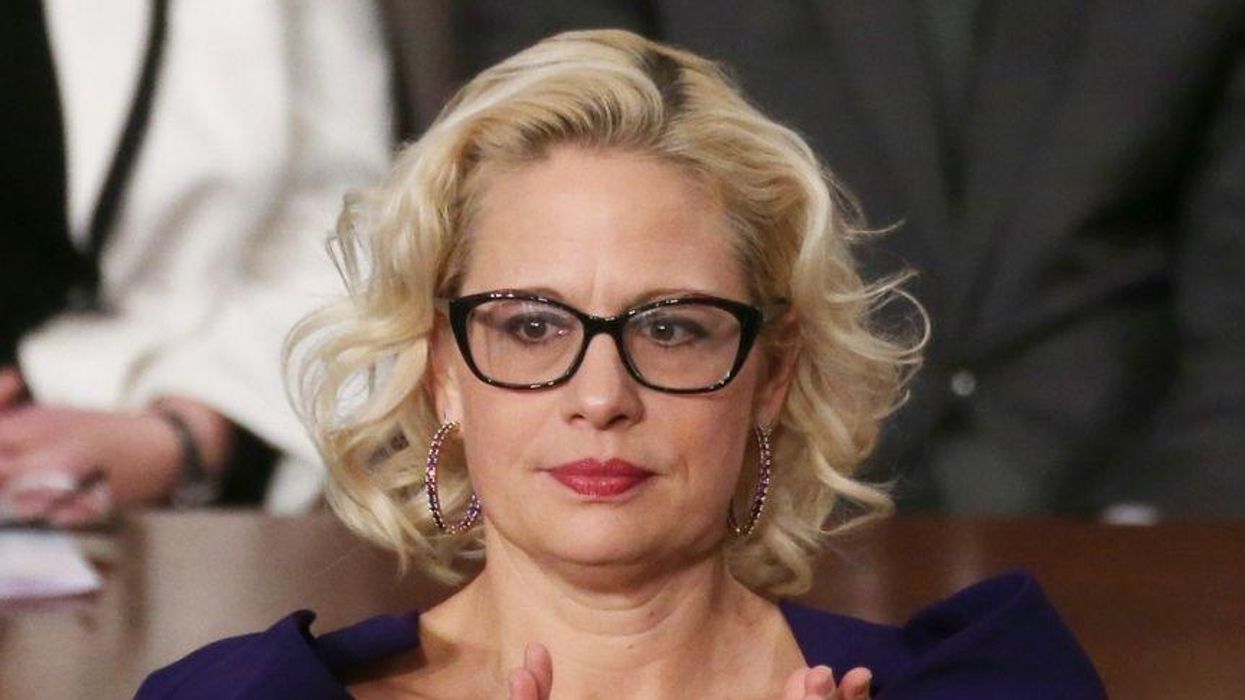






 reply to @steveo/Instagram
reply to @steveo/Instagram reply to @steveo/Instagram
reply to @steveo/Instagram reply to @steveo/Instagram
reply to @steveo/Instagram reply to @steveo/Instagram
reply to @steveo/Instagram reply to @steveo/Instagram
reply to @steveo/Instagram reply to @steveo/Instagram
reply to @steveo/Instagram reply to @steveo/Instagram
reply to @steveo/Instagram reply to @steveo/Instagram
reply to @steveo/Instagram reply to @steveo/Instagram
reply to @steveo/Instagram reply to @steveo/Instagram
reply to @steveo/Instagram r/Fauxmoi/Reddit
r/Fauxmoi/Reddit r/Fauxmoi/Reddit
r/Fauxmoi/Reddit r/Fauxmoi/Reddit
r/Fauxmoi/Reddit r/Fauxmoi/Reddit
r/Fauxmoi/Reddit r/Fauxmoi/Reddit
r/Fauxmoi/Reddit r/Fauxmoi/Reddit
r/Fauxmoi/Reddit r/Fauxmoi/Reddit
r/Fauxmoi/Reddit r/Fauxmoi/Reddit
r/Fauxmoi/Reddit





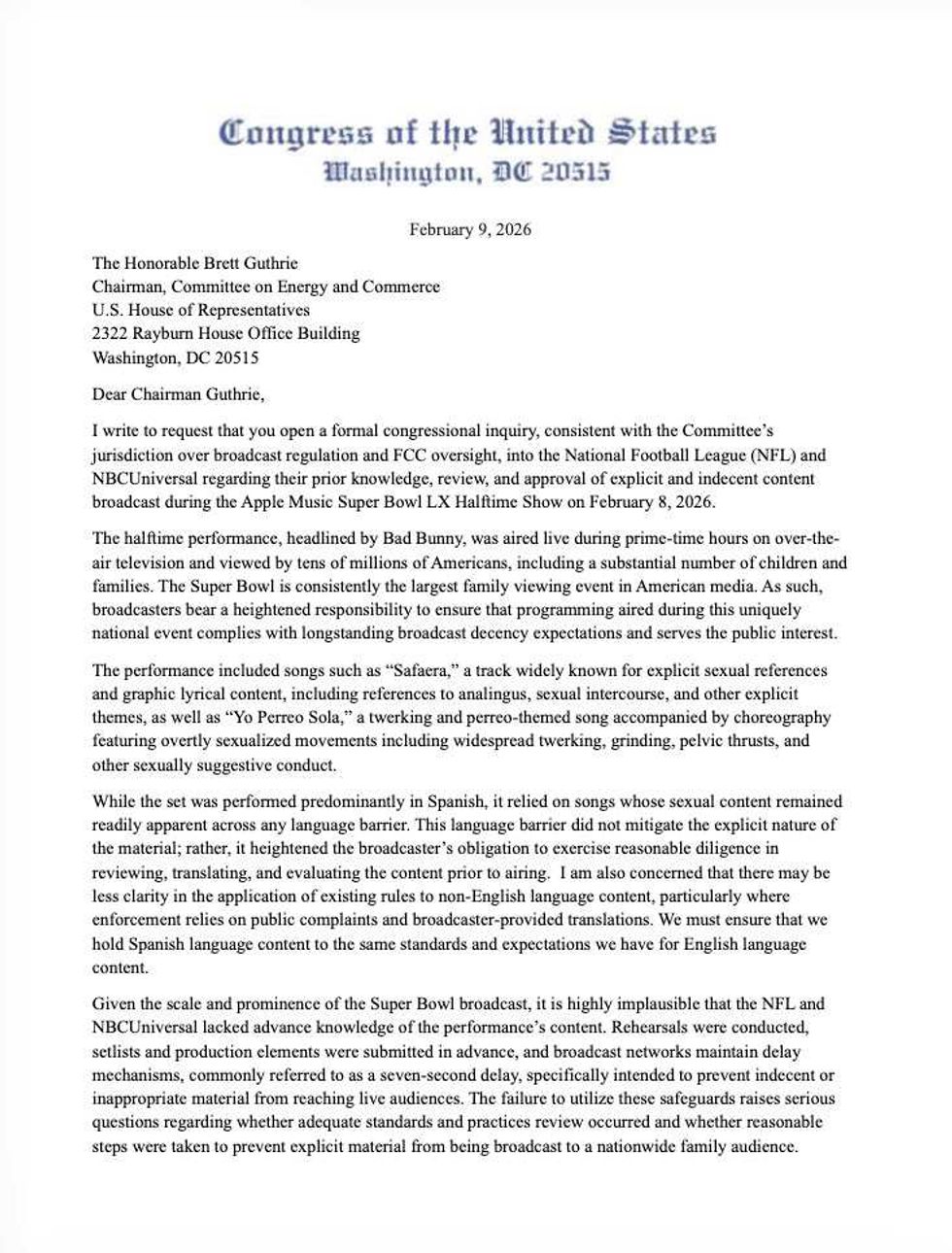 @RepOgles/X
@RepOgles/X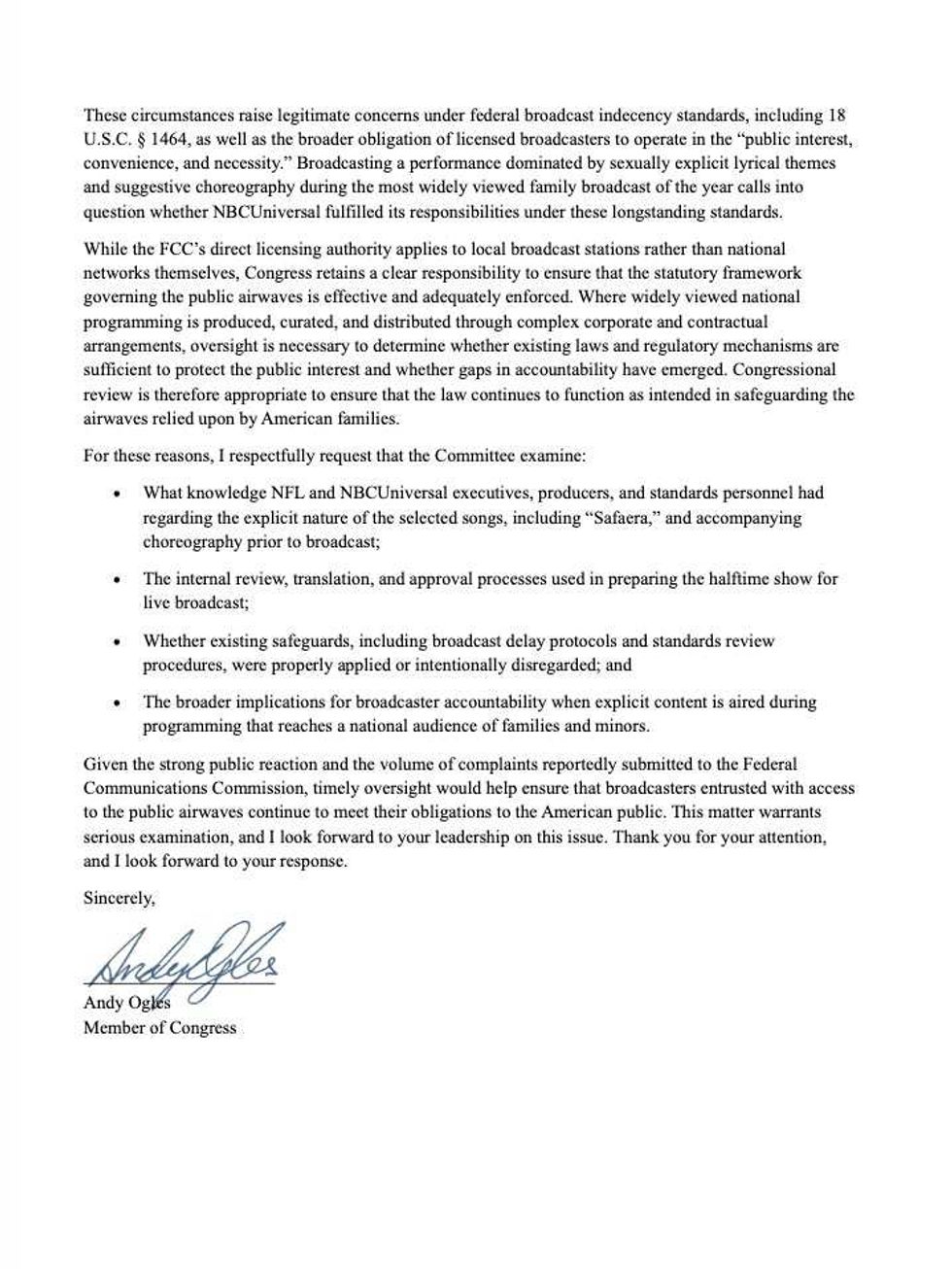 @RepOgles/X
@RepOgles/X
 @chrisbrownofficial/Instagram
@chrisbrownofficial/Instagram u/oatlatt/Reddit
u/oatlatt/Reddit u/LoveTheAhole/Reddit
u/LoveTheAhole/Reddit u/SoFetch89/Reddit
u/SoFetch89/Reddit u/00trysomethingnu/Reddit
u/00trysomethingnu/Reddit u/kittybuscemi/Reddit
u/kittybuscemi/Reddit u/___nic/Reddit
u/___nic/Reddit u/WaterMagician/Reddit
u/WaterMagician/Reddit u/west-brompton/Reddit
u/west-brompton/Reddit u/GhostlySpinster/Reddit
u/GhostlySpinster/Reddit u/Asleep_Tap6199/Reddit
u/Asleep_Tap6199/Reddit u/afreudtolove/Reddit
u/afreudtolove/Reddit u/myfriendtoldmetojoin/Reddit
u/myfriendtoldmetojoin/Reddit
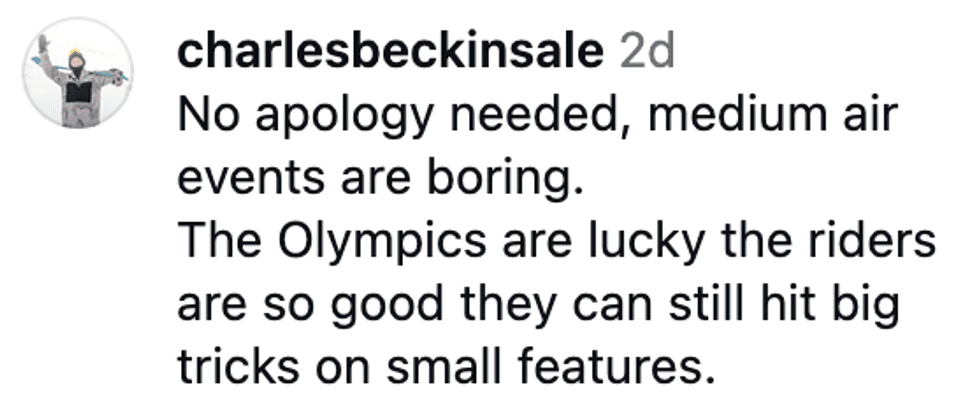 @charlesbeckinsale/Instagram
@charlesbeckinsale/Instagram @liamgriffin/Instagram
@liamgriffin/Instagram @valentinoguseli/Instagram
@valentinoguseli/Instagram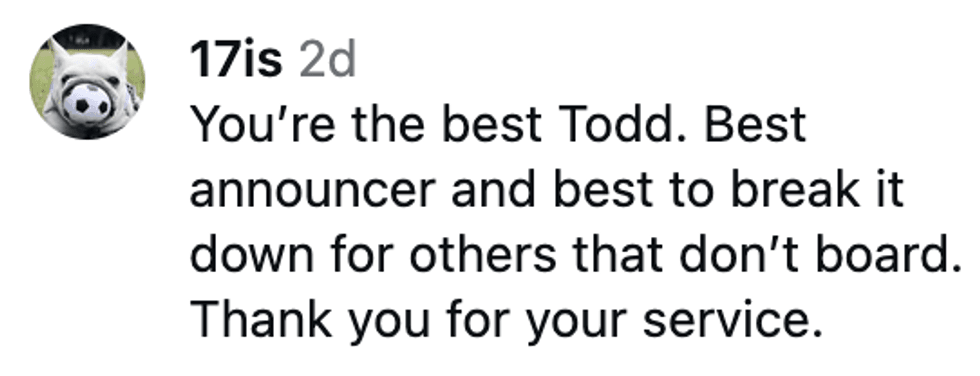 @17is/Instagram
@17is/Instagram @torahbright/Instagram
@torahbright/Instagram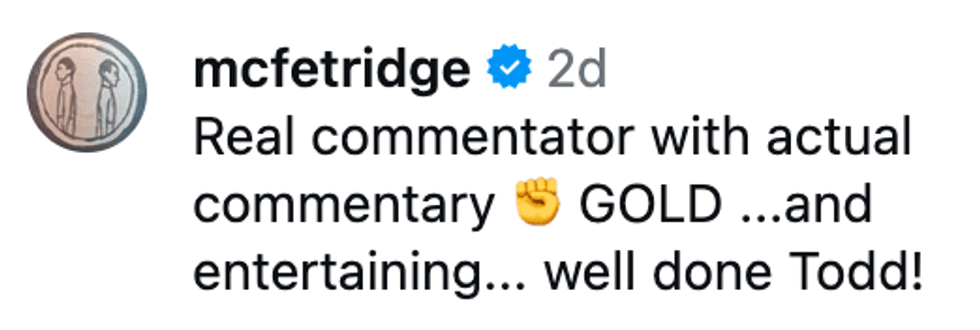 @mcfetridge/Instagram
@mcfetridge/Instagram @colleenquigley/Instagram
@colleenquigley/Instagram @jonathanwaynefreeman/Instagram
@jonathanwaynefreeman/Instagram
 @amberglenniceskater/Instagram
@amberglenniceskater/Instagram